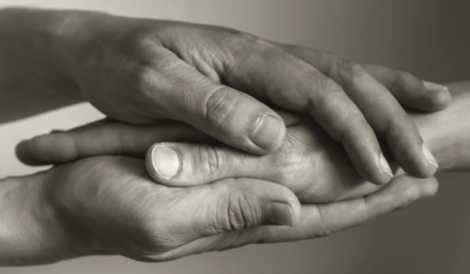- Posted on
Bipolar Disorder
Bipolar disorder or manic depression is a psychiatric condition with uncommon and extreme mood swings, from euphoria to depression. Besides mood, it can also cause trouble with concentration, activity levels, energy, and daily tasks.
There are different types of bipolar disorders:
- Bipolar I disorder: is defined by manic episodes which last up to 7 days, depressive episodes may occur as well which might last up to 2 weeks and a mixture of depression and mania is also possible. If this is experienced more than 4 times in a year it is defined as rapid cycling.
- Bipolar II disorder: one episode of major depression is necessary as well as at least one hypomanic episode which is defined as having too much excitement that ends up impacting your daily tasks.
- Cyclothymic disorder: or cyclothymia, is when there exist hypomanic as well as depressive episodes, however, they are not as intense as in type I and II.
- A person might experience similar symptoms but in a milder manner that do not fit the above-mentioned symptoms and this would be classified as another specified or unspecified bipolar-related disorder.

Bipolar disorder is usually diagnosed in the early 20s, however, it can occur at any age range.
Two important aspects need to be explained, and those are mania as well as hypomania.
- Mania: this seems to be more severe than hypomania and may cause more trouble with daily tasks.
- Hypomania: is a milder form of mania and it can impact the energy levels of the individual by being more energetic than usual and it can last for a few days.
Both types involve three or more of the following symptoms:
- Distractibility
- Being more talkative than usual
- Decreased need for sleep
- Exaggerated self-view and confidence
- Increased energy
- Poor decision making
In terms of major depressive episodes, those involving:
- Lethargy
- Suicide idealization
- Restlessness
- Sadness
- Weight gain or loss
- Concentration issues
Risk factors involve as most researchers agree different causes and not a single one. Firstly, certain studies suggest how individuals with bipolar disorder differ in brain structure from individuals who do not have bipolar disorder. However, health professionals base their diagnosis on the patient’s history and not brain scans. Secondly and lastly, there is genetics. Certain researchers suggest that there might be people who are prone to develop bipolar disorder and it is also suggested that people with relatives who have bipolar disorder are at higher risk of developing this disorder as well.
If you are suspicious that you might be experiencing symptoms similar to bipolar disorder do not hesitate to seek professional help, either from a psychologist or a psychiatrist.
by Marta Padron Pena, Mental Health Intern
References
https://www.mayoclinic.org/diseases-conditions/bipolar-disorder/symptoms-causes/syc-20355955



